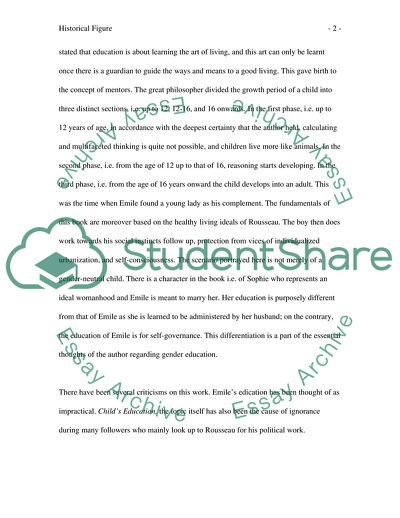Cite this document
(Jean-Jacques Rousseau's Concepts Essay Example | Topics and Well Written Essays - 1250 words, n.d.)
Jean-Jacques Rousseau's Concepts Essay Example | Topics and Well Written Essays - 1250 words. https://studentshare.org/philosophy/1708236-historical-figure
Jean-Jacques Rousseau's Concepts Essay Example | Topics and Well Written Essays - 1250 words. https://studentshare.org/philosophy/1708236-historical-figure
(Jean-Jacques Rousseau'S Concepts Essay Example | Topics and Well Written Essays - 1250 Words)
Jean-Jacques Rousseau'S Concepts Essay Example | Topics and Well Written Essays - 1250 Words. https://studentshare.org/philosophy/1708236-historical-figure.
Jean-Jacques Rousseau'S Concepts Essay Example | Topics and Well Written Essays - 1250 Words. https://studentshare.org/philosophy/1708236-historical-figure.
“Jean-Jacques Rousseau'S Concepts Essay Example | Topics and Well Written Essays - 1250 Words”. https://studentshare.org/philosophy/1708236-historical-figure.


